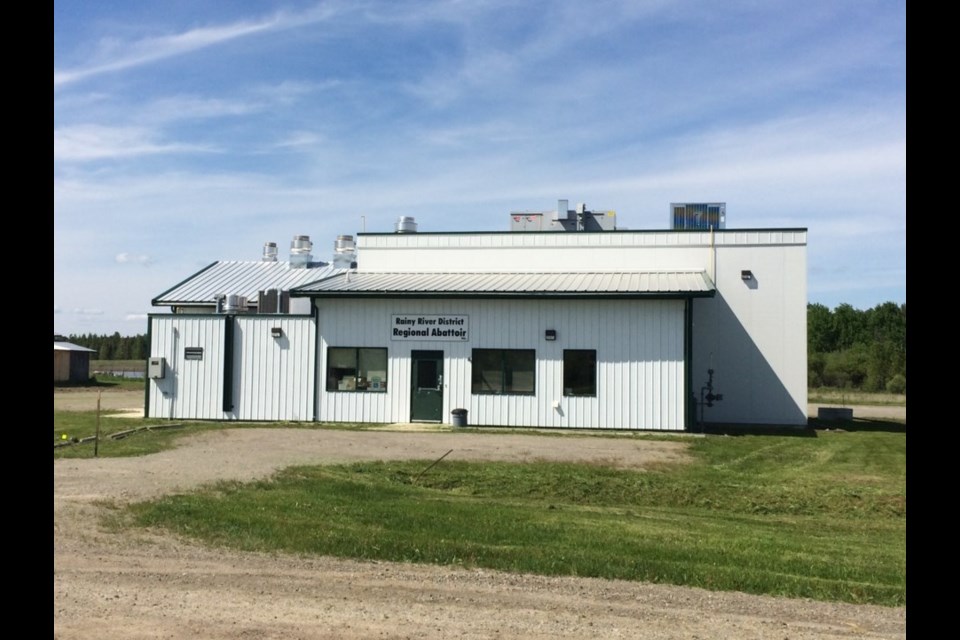Until COVID-19 arrived, about 70 per cent of the premium beef produced by Penokean Hills Farms was shipped to wholesale customers.
But when the province enacted a state of emergency on March 17, temporarily shuttering the high-end restaurants that were its main clients, the Algoma-based collective of farmers was faced with a hard question: what now?
“We’ve had to figure out ways to move what we would normally sell to those restaurants, and so we’ve been really pushing to do a lot more retail orders, delivering direct to people’s homes,” said Nick Gordon, Penokean Hills’ director of sales and marketing.
“That’s quite a challenge for us to try to keep our volume up the same as it normally is.”
But the timing was fortuitous.
A growing local-food movement combined with pandemic-induced consumer concern about food shortages and quality meant that the support was there for a curbside delivery model.
Penokean Hills embarked on a local marketing campaign to expand its public reach – and it worked.
“We’re getting good feedback from our first-time buyers commenting on how they’ve been enjoying the beef,” Gordon said.
“So we hope that trend continues where more people stop and think about where they’re getting their beef from and supporting locally.”
The experience mirrors that of producers in northwestern Ontario, said Kim Jo Bliss, the northern field representative for Beef North, an initiative of Beef Farmers of Ontario that's geared toward expanding beef production in the North.
In Emo, about four hours west of Thunder Bay, the provincially regulated Rainy River District Regional Abattoir processes everything from cattle and bison to pigs and poultry.
The attached Rainy River Meats offers a custom cut-and-wrap and service while also serving as a retail outlet for local producers.
Bliss said demand has been up since the onset of COVID-19 and people seem to want local meat more than ever.
“I do think more people are appreciative of where their food comes from right now, and they have definitely been reaching out,” she said.
“They’re concerned that things will shut down, and it’s natural to want to be able to have food to feed your family.”
That concern played out in late April when Alberta plants owned by Cargill and JBS Canada – two of the country’s main meat processors – shut down or reduced operations following COVID-19 outbreaks in those facilities.
But with increased demand comes increased challenges, especially for small, regional abattoirs, where the picture was already less than rosey before the pandemic set in.
Slaughtering facilities in Ontario face high tax bills and extensive food regulations, which can place a heavy financial burden on small abattoirs that are already strapped for cash, Bliss said.
Following a provincially-required audit, government inspectors will provide the abattoir with a list of required improvements, but there often isn’t money available to help farmers pay for those upgrades, she added.
The industry also suffers from a shortage of labour.
Butchers can only process so many animals at a time, which backs up processing. Right now, the earliest a Rainy River farmer can book their animals in for processing is July, Bliss said.
“We are continually advertising for staff, and every once in a while somebody pops out of the woodwork, but there’s not a lineup of people wanting to work at those places,” Bliss said.
That mix of high costs, crippling regulations, and labour shortages is leading to more closures of small, regional abattoirs across the province, leaving farmers with limited options.
Often, this means their cattle have to be shipped far distances for processing.
“When they regulate us and the abattoirs are all closing, and your closest abattoir is five hours away, it’s not local anymore,” Bliss observed.
The Rainy River District Abattoir has outgrown its current capacity, and the volunteer board that oversees it – comprised of the very farmers who use the facility – has been talking expansion, although what that will look hasn’t yet gelled into anything formal.
It’s a decision the board is approaching with caution, wary of growing too quickly and outpacing demand.
“It’s a chicken-and-egg scenario,” Bliss said. “The market’s growing, but do we have the meat? We have the meat, but is the meat ready to go? When will the meat be ready to go? And are we going to get paid enough, because it’s very expensive to finish an animal.”
Back in Algoma, Penokean Hills Farms is awaiting final approval from the Ministry of Agriculture, Food and Rural Affairs on the construction plans for its new abattoir, which has been in the works for years.
The 13,000-square-foot facility will have more than double the capacity at their current Bruce Mines location and will include a kill floor, a cut floor, an area to produce value-added meats, and a butcher shop.
Construction on the facility was slated to start this spring, but despite a delay, Gordon said the collective is still optimistic work can get underway this summer, with the abattoir operational by the fall.
He and Bliss both expressed a desire to see this groundswell of public demand for local beef translate to government support and recognition of the importance small, regional abattoirs play in sustaining local food networks.
"When you see a pandemic like this happen, and you see some of the larger processors have to close, it makes you realize how important all the small ones are across the country that are having a hard time to keep up with what they have,” Gordon said.
“At least financially, it's a lot harder for a small plant to operate than a big huge plant, so hopefully there's some sort of thought process from the government to take a look at how these are run and try to keep a lot of these small ones in business, because there seems to be less and less here.”



